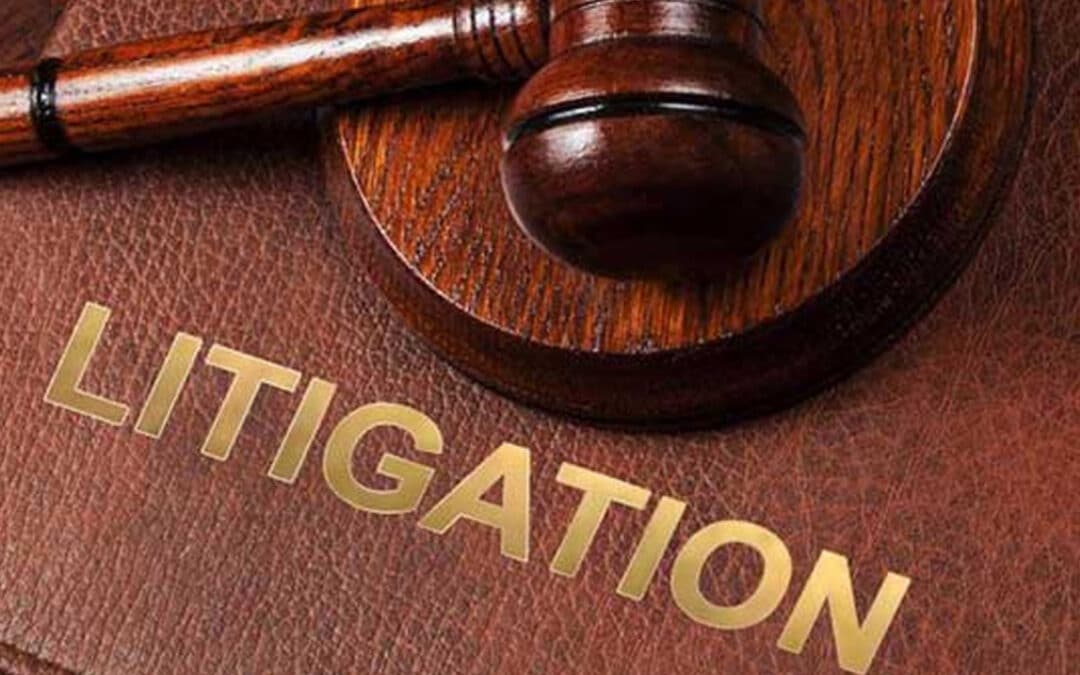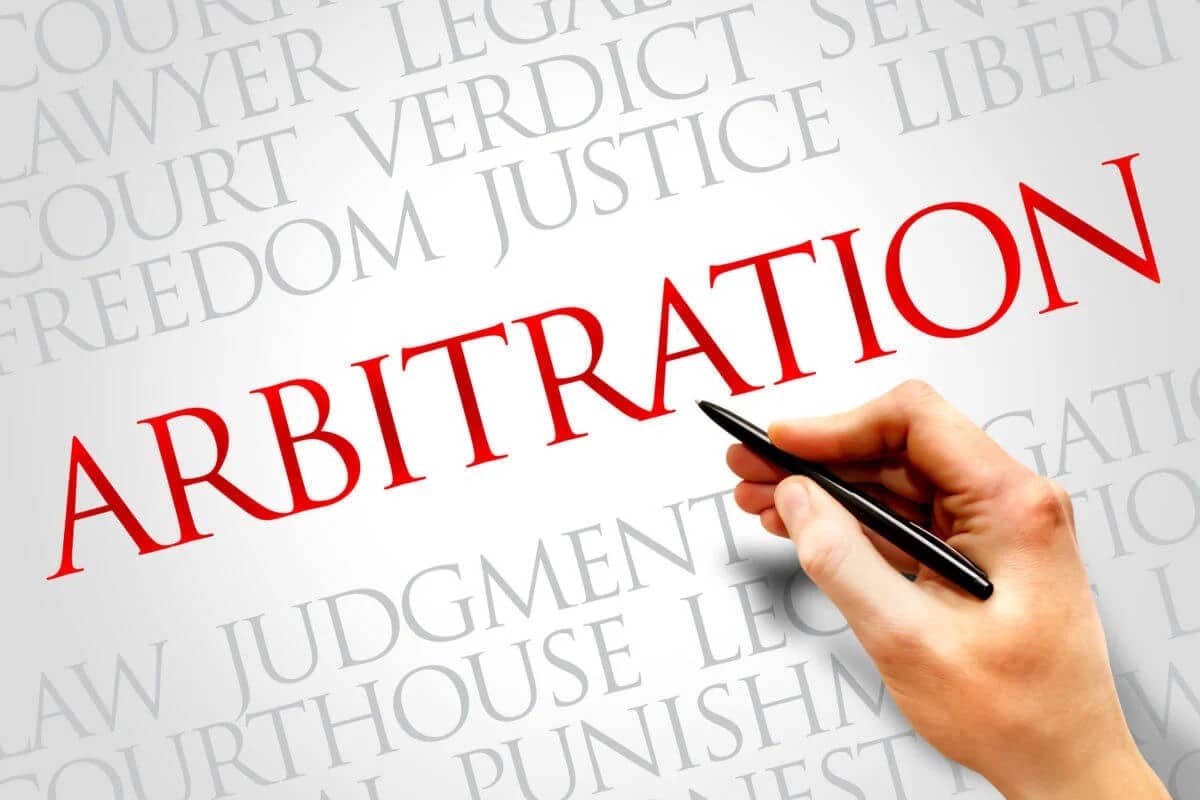Arbitration vs. Litigation: Which Dispute Resolution Method Works Best?
Dispute resolution is an essential aspect of the business landscape, particularly as companies engage in increasingly complex transactions and partnerships that span multiple jurisdictions. When disputes inevitably arise, businesses must choose a method for resolution that best aligns with their needs and circumstances. The two primary paths for resolving disputes are arbitration and litigation. Each method has unique characteristics, advantages, and disadvantages. This article explores these differences and helps businesses determine which option may work best for them.
Understanding Litigation
Litigation is the process of resolving disputes through the courts, where a judge or jury makes a binding decision based on the evidence and legal arguments presented. The process is governed by formal rules of procedure and evidence. Here are some key features of litigation:
Key Features of Litigation
- Formal Process: Litigation follows well-defined rules and procedures established by law. This creates a structured environment for presenting evidence, making legal arguments, and reaching a decision.
- Public Record: Court proceedings are generally public, meaning that the details of the case—including evidence, testimonies, and rulings—become a matter of public record. This can have implications for a business’s reputation.
- Lengthy Timeline: Litigation can be a slow-moving process. Court schedules, discovery phases, and potential appeals can extend the resolution timeline, sometimes taking months or years.
- High Costs: The costs associated with litigation can be substantial. Legal fees, court costs, and expenses for expert witnesses can add up, creating financial strain on businesses involved.

Advantages of Litigation
- Right to Appeal: Parties have the option to appeal decisions they disagree with, giving them an opportunity to seek a different outcome if they believe the court’s decision was erroneous.
- Procedural Protections: The formal structures of litigation offer protections for parties, including discovery rules and the ability to compel evidence.
- Established Precedents: Litigation can create legal precedents that can be cited in future cases, potentially benefiting others in similar situations.
Understanding Arbitration
Arbitration is a form of alternative dispute resolution (ADR) where disputes are settled outside the courts. In arbitration, an independent arbitrator or a panel of arbitrators hears both sides of the dispute and renders a binding decision. Here are some key features of arbitration:
Key Features of Arbitration
- Informal Process: Arbitration is generally less formal than litigation, providing flexibility in terms of rules and procedures. Parties have the opportunity to influence the arbitration framework.
- Confidentiality: Arbitration proceedings are typically private, protecting sensitive business information from becoming public. This confidentiality can be crucial for businesses concerned about reputational damage.
- Quicker Resolution: The arbitration process is often faster than litigation. With fewer procedural hurdles and expedited timelines, parties can achieve a resolution more quickly.
- Binding Decisions: Decisions made by an arbitrator are usually binding, meaning that parties must adhere to the outcome. While limited grounds exist for appeal, arbitration often provides a definitive resolution.

Advantages of Arbitration
- Expertise of Arbitrators: Parties can choose arbitrators with specific expertise relevant to the dispute, which may result in a better understanding of the issues at hand.
- Control Over the Process: Arbitration allows parties to have greater control over the proceedings compared to litigation, including selecting arbitrary venues and establishing ground rules.
- Reduced Public Exposure: The confidentiality of arbitration can protect businesses from negative publicity and public scrutiny, allowing them to resolve disputes without damaging their reputation.
Comparing Arbitration and Litigation
Choosing between arbitration and litigation requires careful consideration of various factors. Here are some critical aspects to evaluate:
1. Cost
- Litigation: The costs associated with litigation can be high due to legal fees, court costs, and potential expenses for expert witnesses. The prolonged timeline can further exacerbate costs.
- Arbitration: While arbitration can also involve costs, it is generally perceived as more cost-effective than litigation, particularly when considering the shorter duration and minimized legal expenses.

2. Time
- Litigation: Litigation can lead to lengthy delays due to the complexities of the court system, including discovery, pre-trial motions, and potential appeals. Businesses should be prepared for a drawn-out process.
- Arbitration: Arbitration tends to offer quicker resolutions than litigation. The streamlined process and reduced time spent in court often mean parties can resolve disputes in a matter of months.
3. Form of Decision
- Litigation: Decisions in litigation are delivered by a judge or jury, which can lead to unpredictable results based on their interpretations of the law.
- Arbitration: By selecting their arbitrator(s), parties can ensure that the individual(s) deciding their case have relevant expertise, potentially leading to more informed decisions.
4. Public Record
- Litigation: Court proceedings are typically public, which means any sensitive information can be exposed. This can have reputational implications.
- Arbitration: The private nature of arbitration protects sensitive business information, making it preferable for companies concerned about confidentiality.
5. Appeal Process
- Litigation: The right to appeal decisions in litigation allows parties to seek a review of potential errors, which can provide a pathway for correction.
- Arbitration: While arbitration decisions are generally binding and final, limited bases for appeal exist. This finality can be advantageous for parties seeking closure but may be seen as a drawback by those wanting more opportunities for recourse.
Situational Considerations
When deciding between arbitration and litigation, businesses should consider the specific context of the dispute:
- Nature of the Dispute: Complex legal disputes or those involving significant amounts of money may benefit from the procedural protections and appeals process offered by litigation. Conversely, simpler disputes could be resolved more efficiently through arbitration.
- Future Relationships: If maintaining future business relationships is a priority, arbitration’s informal environment and ability to foster collaboration can be appealing. Litigation can create a more adversarial atmosphere, potentially damaging business relationships.
- Confidentiality Needs: Businesses that prioritize confidentiality and seek to keep sensitive information out of the public eye might gravitate toward arbitration as their preferred avenue for resolution.
Seeking Professional Guidance
Regardless of the dispute resolution method chosen, engaging legal professionals is vital for a successful outcome:
- Dispute Resolution Legal Services: Legal counsel can offer insights into the nuances of arbitration and litigation, guiding businesses on the most suitable approach based on the specifics of their case.
- Dispute Resolution Representation: Skilled attorneys experienced in both litigation and arbitration can represent a business’s interests, effectively advocating for favorable results.
- Litigation Representation and Business Arbitration Lawyers: Legal professionals specializing in these areas can provide specific expertise, ensuring that businesses navigate their chosen path efficiently and effectively.
Conclusion
The decision between arbitration and litigation as a dispute resolution method is significant for businesses facing conflicts. Each method has its distinct features, advantages, and challenges. By assessing crucial factors such as cost, time, confidentiality, and appeal options, businesses can make informed decisions that align with their objectives and the nature of their disputes.
Working with knowledgeable legal professionals can further enhance the chances of success, providing guidance through the complexities of both arbitration and litigation. Ultimately, by carefully considering the best course of action, companies can protect their interests, minimize disruption, and foster effective resolutions in an increasingly complex business landscape.
